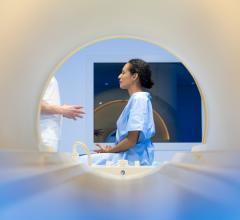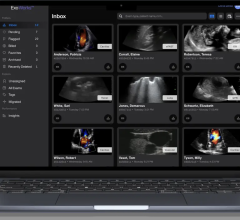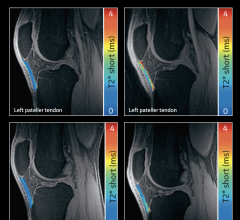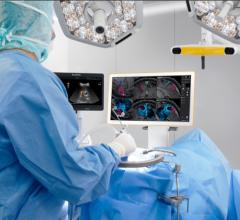
September 11, 2009 - The University of Virginia Health System plans to open a new MR Guided Focused Ultrasound (MRgFUS) Surgery Center, which will be the first facility in the world used exclusively for performing research and providing treatments with MRgFUS.
Located on the grounds of the UVA Health System, the new center will launch a robust, multidisciplinary research program to investigate the safety and efficacy of MRgFUS in treating brain, breast, prostate, bone and liver tumors and conditions such as epilepsy, stroke, chronic pain, Parkinson's disease and essential tremor.
Beginning in October, the center will also offer FDA-approved MRgFUS treatments to women with small, benign tumors known as uterine fibroids. Clinical offerings will expand as focused ultrasound treatments for other conditions are developed and receive FDA-approval.
"The opening of this facility is an exciting development," said James M. Larner, M.D., chairman of UVA's Department of Radiation Oncology and director of the new center. "Our facility is the first to have a fully-dedicated magnet, meaning it will be used exclusively for MRgFUS research and treatments. Full-time access to equipment should accelerate the pace of our research and place UVA at the forefront of this emerging area of healthcare."
UVA specialists in anesthesiology, biomedical engineering, gynecology, neurology, neurosurgery, oncology, radiology, radiation oncology surgery and urology will conduct research at the center.
Alan H. Matsumoto, M.D., interim chairman, Department of Radiology and co-director of the new center, will provide focused ultrasound treatments to patients with uterine fibroids. "This therapy will add an important option to the spectrum of treatments we offer for uterine fibroids. For some women, this noninvasive procedure will be the ideal choice," he said.
MRgFUS procedures are performed on an outpatient basis without general anesthesia and cause minimal discomfort and few complications, allowing patients to recover rapidly.
Hailed as a breakthrough technology, MRgFUS integrates the visualization capabilities of magnetic resonance imaging with the intense energy that is created when multiple waves of high frequency ultrasound are directed to a treatment site. Highly precise, MRgFUS can target treatment sites as small as one millimeter in diameter.
Single waves of focused ultrasound are as harmless to body tissue as those emitted during diagnostic ultrasound testing. However, when waves intersect - which is what happens during focused ultrasound treatments - they become powerful enough to destroy tumors and liquefy blood clots.
Targeted drug delivery is another promising use of focused ultrasound. In such procedures, patients receive injections of chemotherapy or other drugs, which remain inactive while the bloodstream carries them to the treatment site. When the drugs reach the targeted tumor or tissue, clinicians activate them using waves of MRgFUS energy. Such precise and localized drug delivery is expected to eliminate the side effects of chemotherapy and other powerful pharmaceuticals.
Currently, MRgFUS has one FDA-approved application - the treatment of uterine fibroids - and more uses are anticipated. Clinical trials in several countries are now evaluating focused ultrasound's effectiveness in treating metastatic bone tumors, breast and brain cancer, and other malignancies.
Neal F. Kassell, M.D., professor of neurosurgery at UVA, has been a key force behind the opening of the new MRgFUS Surgery Center. "Focused ultrasound may be the most important therapeutic advancement since the scalpel and could affect millions of people around the globe," he says. To accelerate MRgFUS research and development, Kassell helped establish the non-profit Focused Ultrasound Surgery Foundation in 2006. He now serves as the organization's chairman.
Earlier this year, the FUS Surgery Foundation donated $3.1 million to UVA's new facility, designating it as the first of three centers of excellence it will fund during the next two years. The Foundation is co-sponsoring the September 14 symposium and dedication ceremony at UVA.
Additional support for the new facility includes a $4.0 million grant from the Commonwealth of Virginia and in-kind giving from focused ultrasound equipment manufacturer, InSightec, and MRI scanner producer, General Electric.
For more information: www.healthsystem.virginia.edu

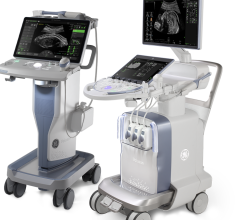
 July 19, 2024
July 19, 2024 
